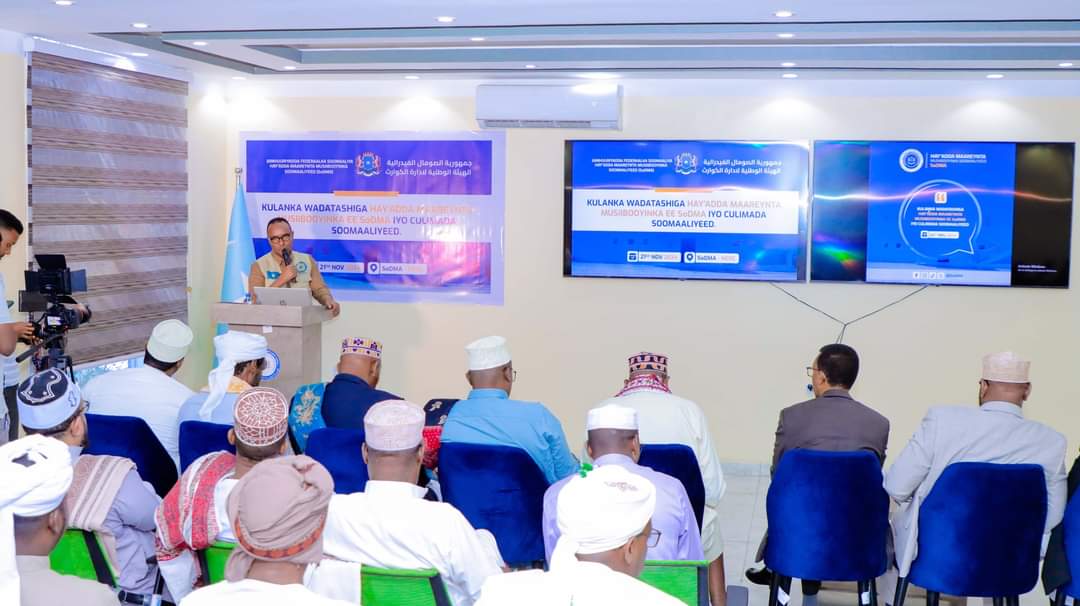The Institute of Statistical Social and Economic Research (ISSER) of the University of Ghana has cautioned the government against excessive spending to avoid putting the economy out of gear as the country enters the 2024 election year.
The Director of ISSER, Professor Peter Quartey, who stated this said the economic data on the country showed “unsuccessful consolidation and a worsening fiscal position relative to 2021.”
At the launch of the State of the Ghanaian Economy Report (SGER) of 2022 and review of 2023 Quarter Three Economic Performance in Accra, Tuesday, he said the country in 2022 recorded a budget deficit of 10.7 per cent against 6.6 per cent target.
This year’s report, the 32nd to be produced by ISSER, also highlighted the International Monetary Fund (IMF) programme with a special chapter on Electronic Transfer.
Professor Quartey, who gave a presentation on the report, emphasised that the lessons learnt from the Domestic Debt Exchange Programme should inform government spending habits going into 2024.
According to him, government tended to overspend during election year, creating a huge fiscal deficit.
That, he said created exchange rate challenges and fueled inflation and public debt.
The Director of ISSER, explained that the rate of public debt as of the end of 2022 stood at 77 per cent Gross Domestic Product.
According to him, due to the growing public debt, the government spent 56 per cent of every cedi collected to pay debt, living for other government financial obligations.
Professor Quartey said measures to cut expenditure and increase revenue, included the need for the government to cut the size of government and improve property rate collection, and broaden the tax net to raise more revenue.
He said the government should reduce the numerous taxes imposed on business to enhance production to spur economic growth, saying “we recommend prudent spending, reduced taxes on production and broaden the tax base.”
He said the government should invest in the productive sectors of the economy such as road to stimulate economic growth.
Professor Quartey stressed that the electronic levy should be reduced from the current 1.5 per cent to 0.5 per cent to increase adoption.
On the Free Senior School (FSHS) programme, Prof. Quartey, said though it was a good programme it needed to be reviewed to address the challenges facing the programme.
“The FSHS should not be free for everybody and parents must be asked to support to the programme,” he stated, adding that the Day School System should be promoted to help address the infrastructural challenges facing the Senior High Schools.
Professor Quarter touching on the 2023 growth performance, he said Ghana’s economy was showing signs of recovery and the economy was likely to grow about 3 per cent more than twice it was earlier projected.
The Founder and the Chief Executive Officer of Asadtek Group Limited, Dr Jams Asare-Adjei, who chaired the programme commend ISSER for the report and for churning out the 32nd edition.
He said such reports were needed to assist the private sector to plan, since it stated facts and provided the true assessment of the economy.










